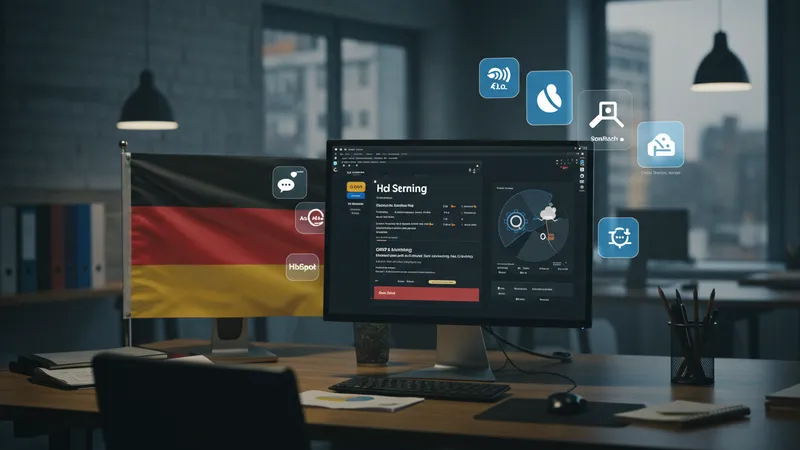
Digital Marketing: A Guide To Benefits And Solutions
Regulatory and Privacy Considerations for Digital Marketing in Germany
Germany enforces some of the strictest digital privacy and marketing regulations in the world. The Bundesdatenschutzgesetz (BDSG) and the Europe-wide GDPR both shape how data is collected, stored, and used in any digital campaign targeting German consumers. Marketers utilizing tools like HubSpot are required to implement clear opt-in processes and provide transparent consent management to safeguard personal information.

For platforms such as Google Ads and SEMrush, compliance extends to anonymizing user data and respecting preferences regarding cookie tracking and retargeting. These rules particularly affect retargeting strategies and audience segmentation in Germany. Failure to comply with local regulations can result in significant penalties and reputational harm, making regulatory adherence a top strategic concern for all businesses.
German consumers are highly privacy-conscious; as a result, brands perceived as transparent and responsible with user data gain significant trust advantages. Digital marketers leverage double opt-in email confirmations and detailed privacy policies—features readily customizable in HubSpot. These measures foster higher engagement rates without risking non-compliance.
Understanding and applying these legal frameworks also means ongoing education for digital marketing teams. German businesses frequently collaborate with legal consultants to audit online practices and update consent mechanisms, ensuring long-term success and protecting their brand reputation within the German market.